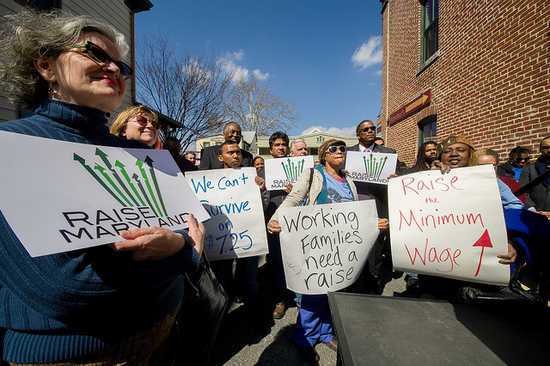
We’re getting to the point in the election cycle when we’re totally awash in information about the Senate races, whether we want to know about them or not. And if you’re paying close attention, you probably know a lot about the state of play in the gubernatorial and U.S. House races, too. However, some of the most momentous decisions in November’s election won’t come in any of those areas, but rather in the realm of ballot measures. That’s especially true with Congress, and the federal government in general, becoming so gridlocked. More and more of the important policy decisions are happening at the state level, whether it’s via state legislature or via direct democracy.
There’s a wide disparity among the states in terms of how important ballot measures are to the big picture. Some states, mostly in the Northeast, don’t even allow residents to vote directly on policy issues. Others only allow votes on legislatively referred questions. Many states, however, also allow the initiative process, in which voters can bring forth ballot questions themselves. In the West Coast states, in particular, many of the states’ most fundamental policy questions are decided by everyone, not just the legislature. (You may dimly remember from your high school civics class that the initiative, referendum, and recall trio are sometimes called the “Oregon System”—that’s where it started—and Oregon and its neighbors are still where you usually see the most use of these tools.)
Interestingly, there are fewer ballot measures up for consideration this year than in most years—158 around the country, which sounds like a lot, but there has been an average of 194 in even-numbered election years since 2000. In particular, only 35 of those are initiatives (as opposed to legislatively referred). That may be, in large part, in response to many states passing legislation making it more difficult to gather the necessary signatures to get a measure on the ballot. Many of them aren’t that interesting, either—there are plenty of “Protects Artificial Reef Development Fund from being used for other purposes” or “Permits a disabled veteran to sell their homestead and acquire another homestead property and keep their homestead tax exemption” (those are from Louisiana and Oklahoma, respectively)—but there are also lots of ones hot-button issues like abortion, marijuana, and guns.
Voting by mail is convenient, easy, and defeats the best of the GOP’s voter suppression efforts. Sign up here to check eligibility and vote by mail, then get your friends, family, and coworkers to sign up as well.
Below the fold, we’ll go state by state to look at some of the biggest ones. We’ll hit only a few dozen of the most prominent questions, so if you’re looking for complete coverage, check out Ballotpedia, a whole wiki devoted to ballot measures, state legislatures, and other deep-in-the-weeds electoral matters. Also, if there’s something else going on in your state that matters a lot to you but that we didn’t cover, please feel free to chime in, in the comments, with additional information ….
